5 Proven Coping Strategies for Stress Relief
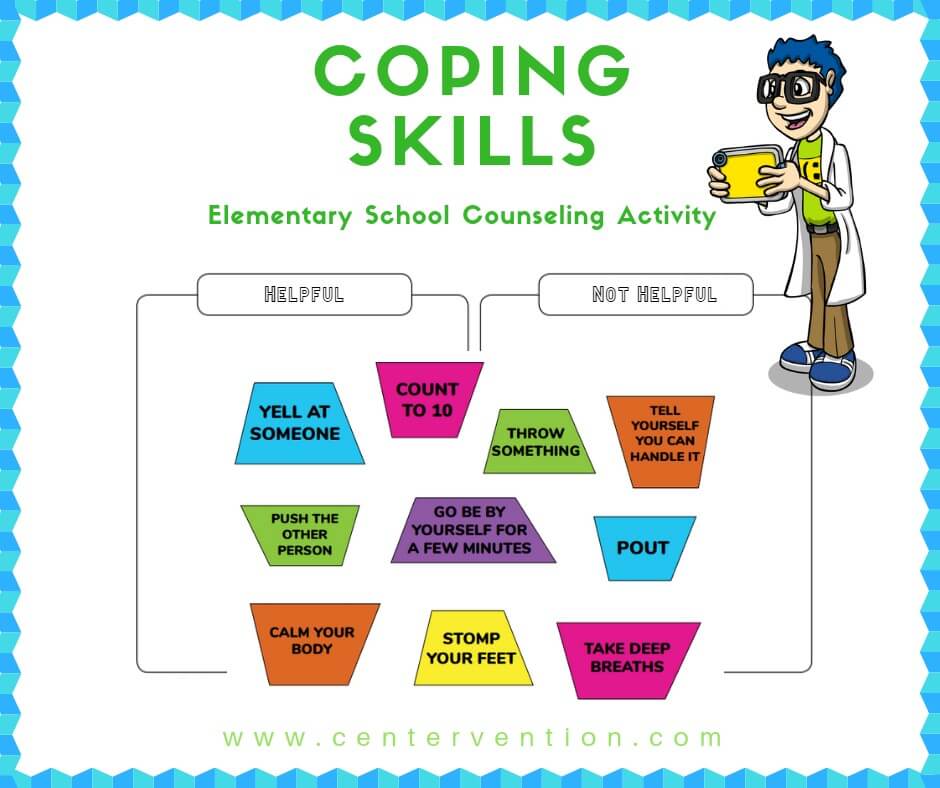
Managing stress effectively is crucial in today's fast-paced world where pressures from work, personal life, and societal expectations can weigh heavily on anyone. While stress is a natural response, chronic stress can lead to numerous health issues. Here, we will explore five scientifically backed coping strategies for stress relief that can help you regain balance and tranquility in your life.
1. Mindfulness Meditation

Mindfulness meditation has gained immense popularity as a tool for stress reduction. This practice involves paying full attention to the present moment without judgment. Here’s how you can incorporate mindfulness into your daily routine:
- Focused Breathing: Sit or lie down comfortably, close your eyes, and focus on your breath. Notice how it feels as it enters and exits your nostrils, or watch the rise and fall of your chest.
- Body Scan: Go through each part of your body, from your toes to the top of your head, noticing any tension and consciously releasing it.
- Mindful Observation: Spend a few minutes observing your surroundings using all your senses, or engage in mindful eating by savoring each bite.
🧘 Note: Mindfulness meditation not only reduces stress but also enhances self-awareness and promotes emotional health.
2. Regular Physical Activity
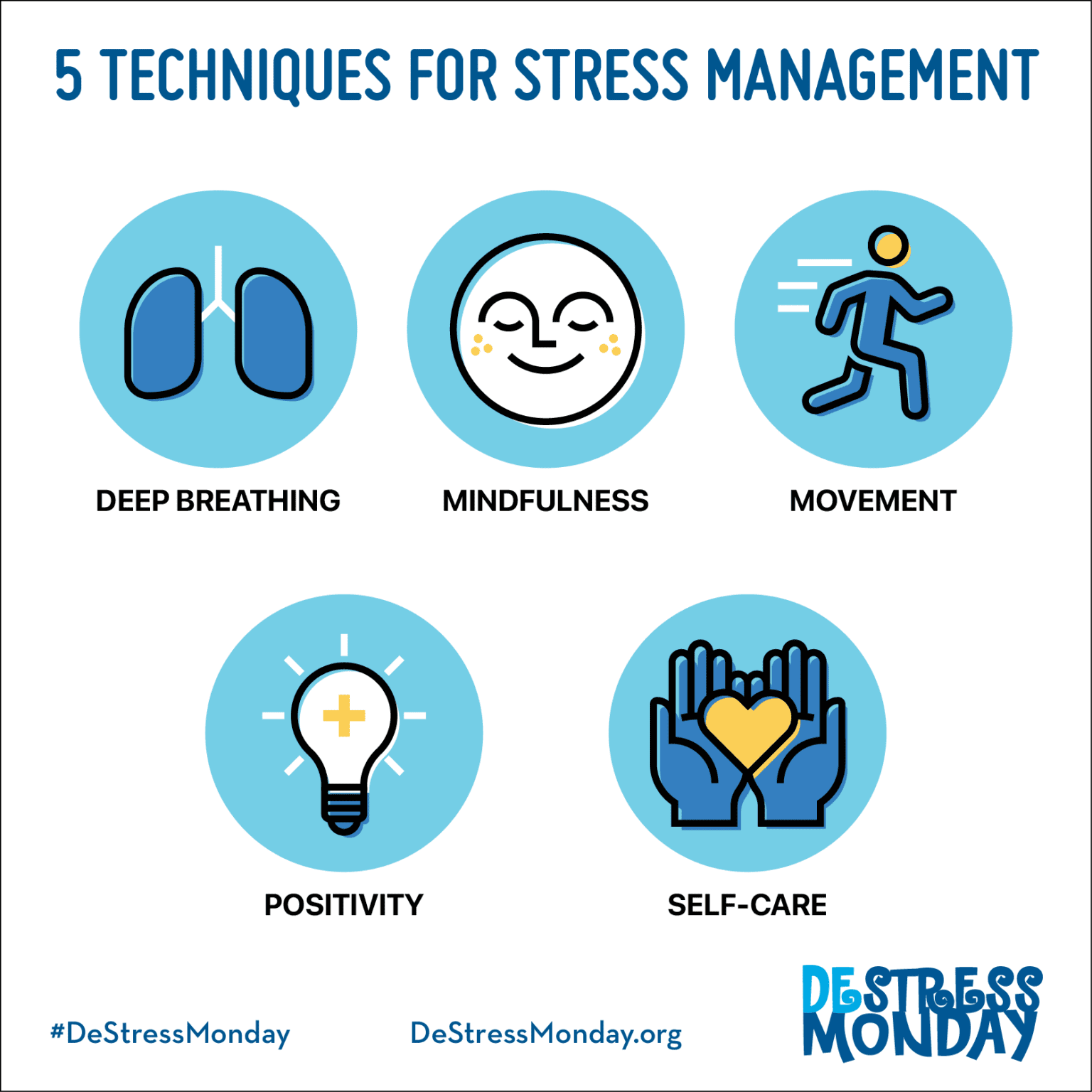

Engaging in regular physical activity is one of the most effective stress relievers. Here are some activities to consider:
- Aerobic Exercises: Running, swimming, or cycling can boost your mood and reduce anxiety by releasing endorphins.
- Yoga: Combining physical poses with mindfulness, yoga is particularly beneficial for reducing stress and improving flexibility.
- Strength Training: Lifting weights or doing bodyweight exercises can release tension and build physical and mental resilience.
3. Structured Relaxation Techniques

Sometimes, the most direct way to reduce stress is to engage in structured relaxation techniques:
- Progressive Muscle Relaxation (PMR): This involves tensing and then relaxing each muscle group progressively. Start from your toes and work your way up.
- Guided Imagery: Using your imagination to visualize a peaceful scene or outcome, which can help lower stress levels.
- Autogenic Training: Use phrases like “My arms are heavy and warm” to induce a state of relaxation.
4. Social Support
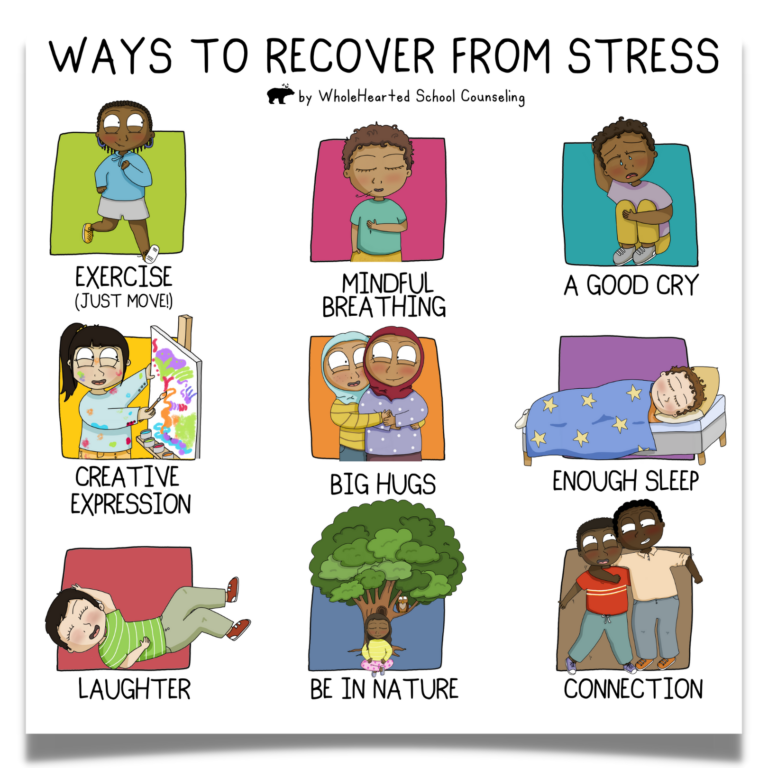
Connecting with others can significantly reduce feelings of stress:
- Share Your Feelings: Talk to friends, family, or support groups about your stressors.
- Volunteer: Helping others can put your own problems into perspective and provide a sense of purpose.
- Join a Club or Group: Participating in community activities or interest groups can provide emotional and social support.
5. Cognitive Behavioral Techniques
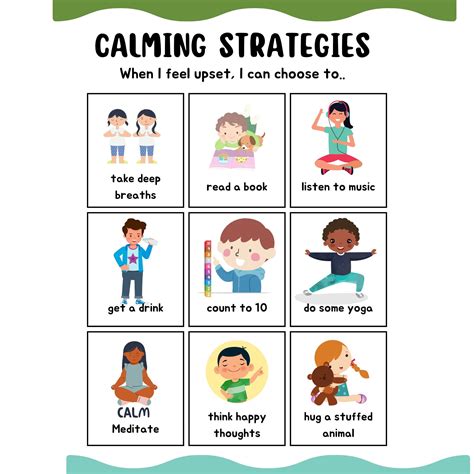
Cognitive Behavioral Therapy (CBT) involves identifying and changing unhelpful thinking patterns:
| Technique | Description |
|---|---|
| Journaling | Writing down thoughts and emotions can help you understand your stress better. |
| Cognitive Restructuring | Challenge and reframe negative thoughts with more realistic or positive ones. |
| Problem-Solving | Assess the situation, identify solutions, and take action rather than worry. |
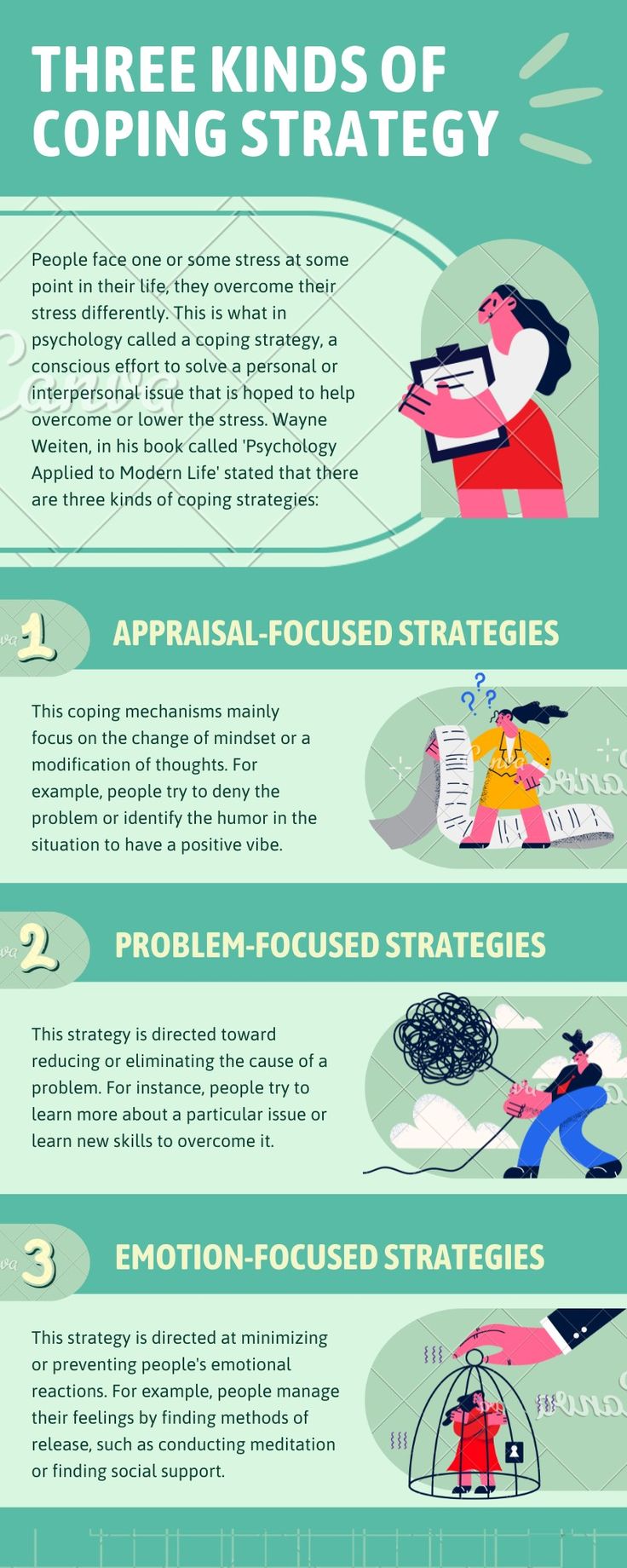
In our exploration of coping strategies for stress relief, we've covered mindfulness meditation, physical activity, structured relaxation, social support, and cognitive behavioral techniques. These methods, when practiced regularly, can not only help alleviate current stress but also equip you with tools to handle future stressors. Remember, everyone's stress journey is unique; finding what works for you might involve a bit of trial and error. However, the above strategies have been proven effective for many, providing a comprehensive toolkit for stress management.
How often should I practice mindfulness meditation to reduce stress?

+
Practicing mindfulness for just 10-15 minutes daily can be beneficial. For deeper effects, consider longer sessions or multiple times a day.
What if exercise makes my stress worse?
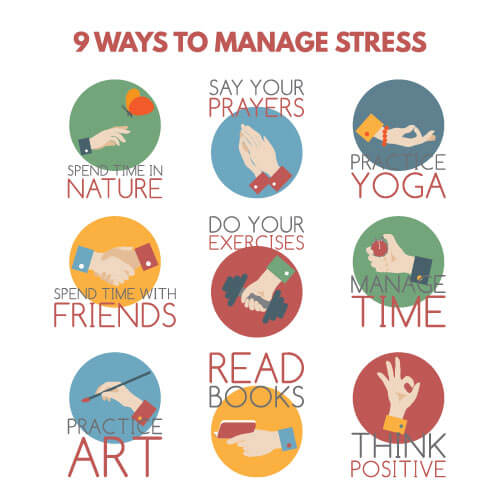
+
Not all forms of exercise are stress-relieving for everyone. Try gentler activities like walking or yoga, or consult with a fitness professional to find the right activity for you.
Can social activities really help with stress?

+
Yes, engaging in social interactions releases oxytocin, often called the ‘love hormone,’ which can reduce stress and increase feelings of well-being.
How can I practice Cognitive Behavioral Techniques on my own?

+
Start by keeping a journal where you note your negative thoughts, challenge them, and write alternative, positive thoughts. Many online resources and apps also provide guided CBT exercises.
Are these strategies effective for everyone?
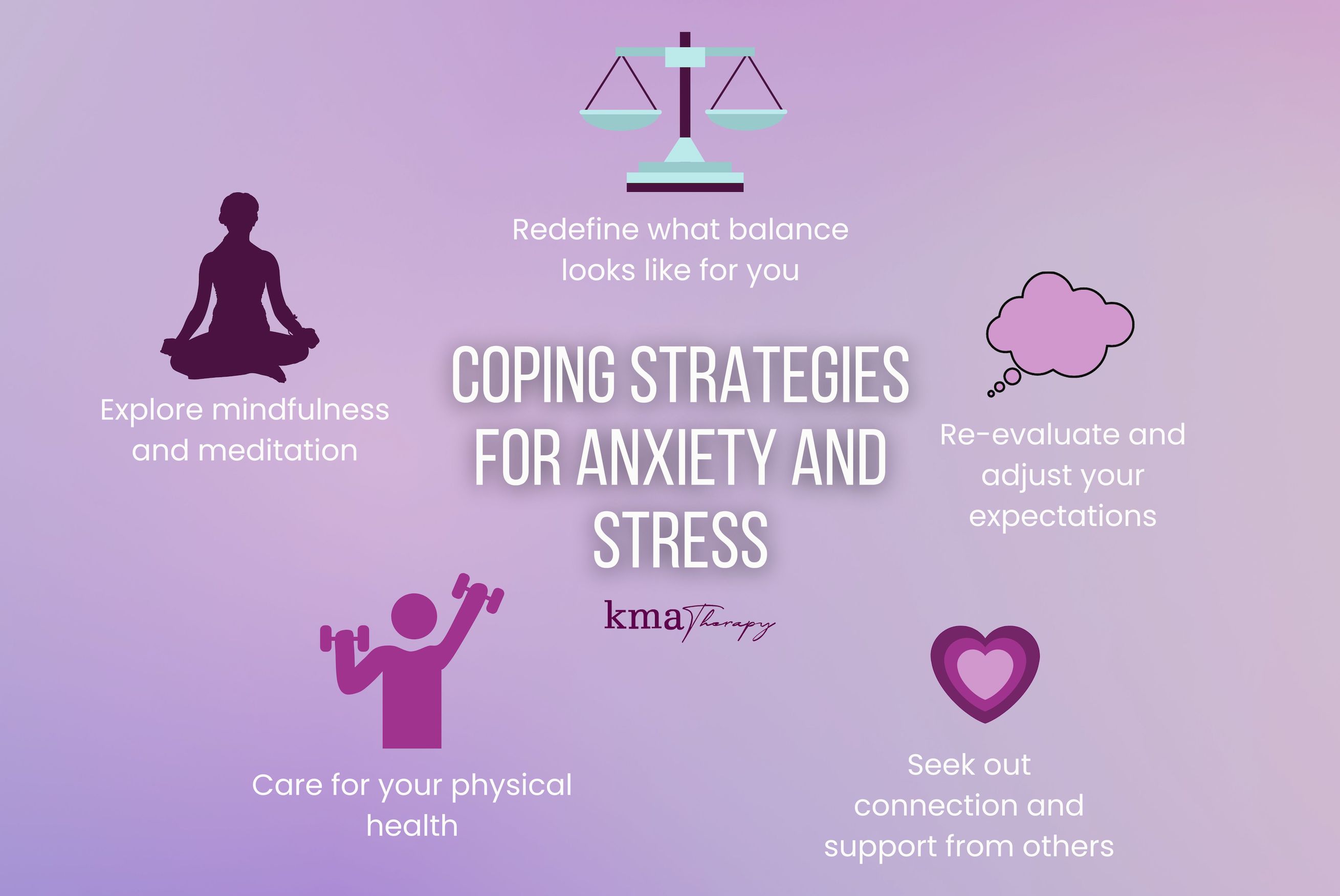
+
These strategies are generally effective, but individual results can vary. It’s important to customize these techniques to fit your lifestyle and personality, sometimes with professional guidance.



